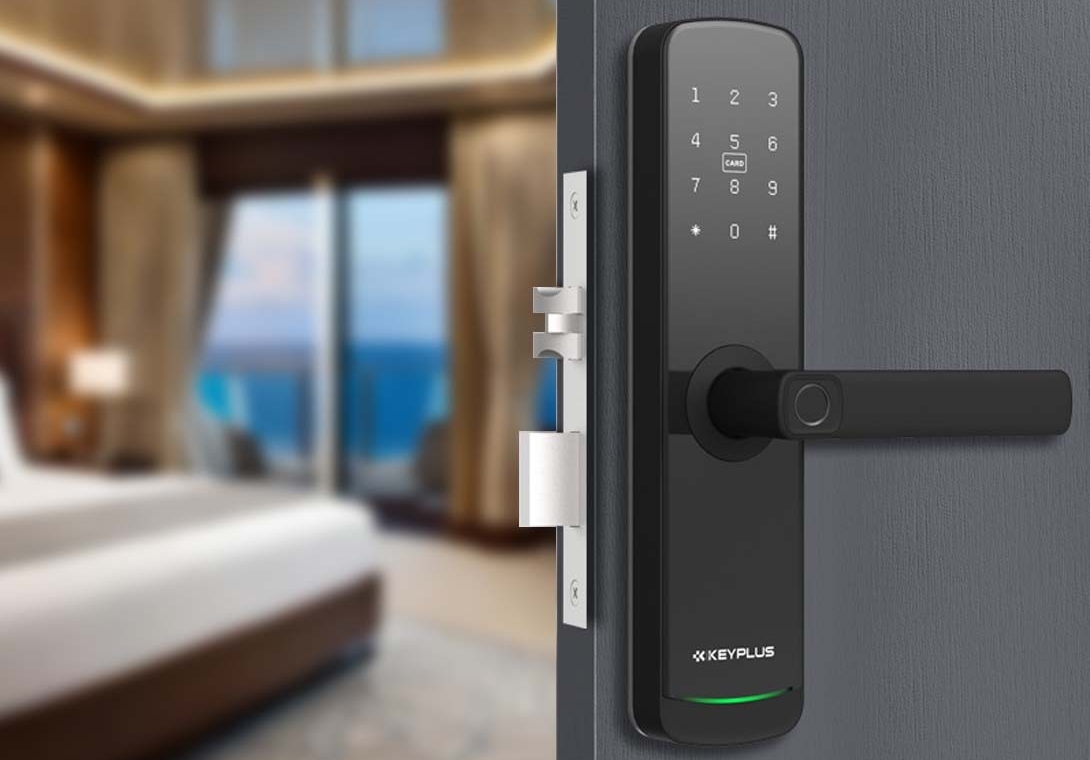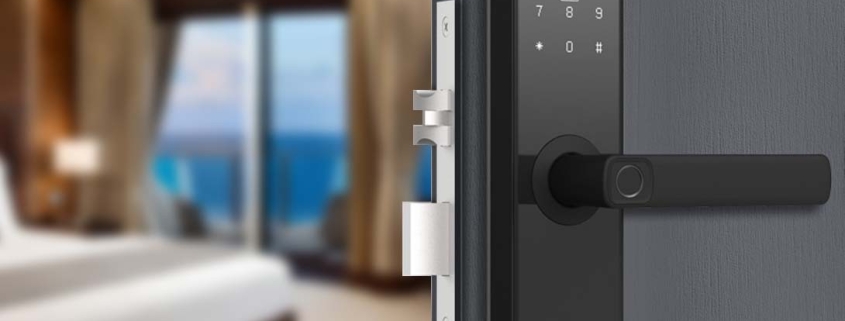Do Smart Door Locks Need Wi-Fi?
Smart door locks are revolutionizing home security by offering keyless entry, remote access, and seamless integration with smart home systems. But one common question many homeowners have is: Do smart locks require Wi-Fi to function?
The short answer is: No, not all smart locks need Wi-Fi. While Wi-Fi enhances certain features, many smart locks operate perfectly without it. In this guide, we’ll explore how smart locks work with and without Wi-Fi, their key functionalities, and which type might be best for your needs.
1. How Do Smart Locks Work Without Wi-Fi?
Smart locks can function using alternative connectivity methods, including:
A. Bluetooth (Local Control)
Many smart locks use Bluetooth to communicate directly with your smartphone when you’re nearby.
-
Pros:
-
No Wi-Fi needed for basic locking/unlocking.
-
Lower power consumption (longer battery life).
-
Works even during internet outages.
-
-
Cons:
-
Limited to short-range control (usually within 30-50 feet).
-
No remote access when away from home.
-
B. Z-Wave or Zigbee (Smart Hub Required)
Some smart locks use Z-Wave or Zigbee, low-power wireless protocols that require a smart home hub
-
Pros:
-
More reliable than Wi-Fi in congested networks.
-
Longer battery life compared to Wi-Fi locks.
-
Works without internet (local automation still functions).
-
-
Cons:
-
Requires an additional hub for full functionality.
-
Limited remote access without internet.
-
C. Standalone Keypad or Fingerprint Locks
Some smart locks operate completely offline, relying on:
-
PIN codes (via built-in keypads).
-
Fingerprint scanners (biometric authentication).
-
RFID/NFC cards or fobs (hotel-style keyless entry).
2. When Does a Smart Lock Need Wi-Fi?
Wi-Fi adds remote access and advanced smart home features, such as:
A. Remote Locking/Unlocking
-
Check and control your lock from anywhere via an app.
-
Useful for letting in guests, cleaners, or delivery personnel when you’re not home.
B. Real-Time Notifications & Alerts
-
Get instant alerts when someone locks/unlocks the door.
-
Monitor access history (who entered and when).
C. Voice Control & Smart Home Integration
-
Works with Amazon Alexa, Google Assistant, or Apple HomeKit.
-
Enables commands like:
-
“Alexa, lock the front door.”
-
“Hey Google, is the back door locked?”
-
D. Over-the-Air (OTA) Updates
-
Security patches and new features are delivered automatically.

3. Pros and Cons of Wi-Fi vs. Non-Wi-Fi Smart Locks
| Feature | Wi-Fi Smart Locks | Non-Wi-Fi Smart Locks |
|---|---|---|
| Remote Access | Yes (via app) | No (unless using a hub) |
| Internet Required? | Yes | No |
| Battery Life | Shorter (Wi-Fi drains power) | Longer (Bluetooth/Z-Wave is efficient) |
| Works Offline? | No (needs internet) | Yes |
| Smart Home Integration | Full voice control & automation | Limited without a hub |
| Security Risks | Potential hacking (if poorly secured) | More secure (local-only access) |
4. Which Type of Smart Lock Is Right for You?
Choose a Wi-Fi Smart Lock If You Want:
Remote access (check and control locks from anywhere).
Real-time alerts (get notifications when someone enters).
Voice control (works with Alexa, Google, or Siri).
5. Frequently Asked Questions (FAQs)
Q: Can I use a smart lock without Wi-Fi?
A: Yes! Many smart locks work via Bluetooth, keypads, or Z-Wave without needing Wi-Fi.
Q: Do all smart locks require an internet connection?
A: No—only those with remote features need Wi-Fi. Offline smart locks function without internet.
Q: Are Wi-Fi smart locks less secure?
A: They can be if not properly secured (weak passwords, outdated firmware). Always use strong encryption and updates.
Q: How do I control a smart lock remotely without Wi-Fi?
A: You’ll need a hub (like SmartThings or HomeKit) or a cellular-enabled bridge (August Connect).
6. Conclusion: Do You Need Wi-Fi for a Smart Lock?
Smart locks do not always require Wi-Fi—many function perfectly with Bluetooth, keypads, or smart hubs. However, Wi-Fi adds remote access, alerts, and voice control, making it ideal for tech-savvy users.
Final Recommendation:
-
For renters or minimalists → Choose a Bluetooth or keypad lock (no Wi-Fi needed).
-
For smart home enthusiasts → Opt for a Wi-Fi or Z-Wave lock (full remote control).
Would you prefer a Wi-Fi smart lock or a non-Wi-Fi alternative? The choice depends on your lifestyle and security needs!



